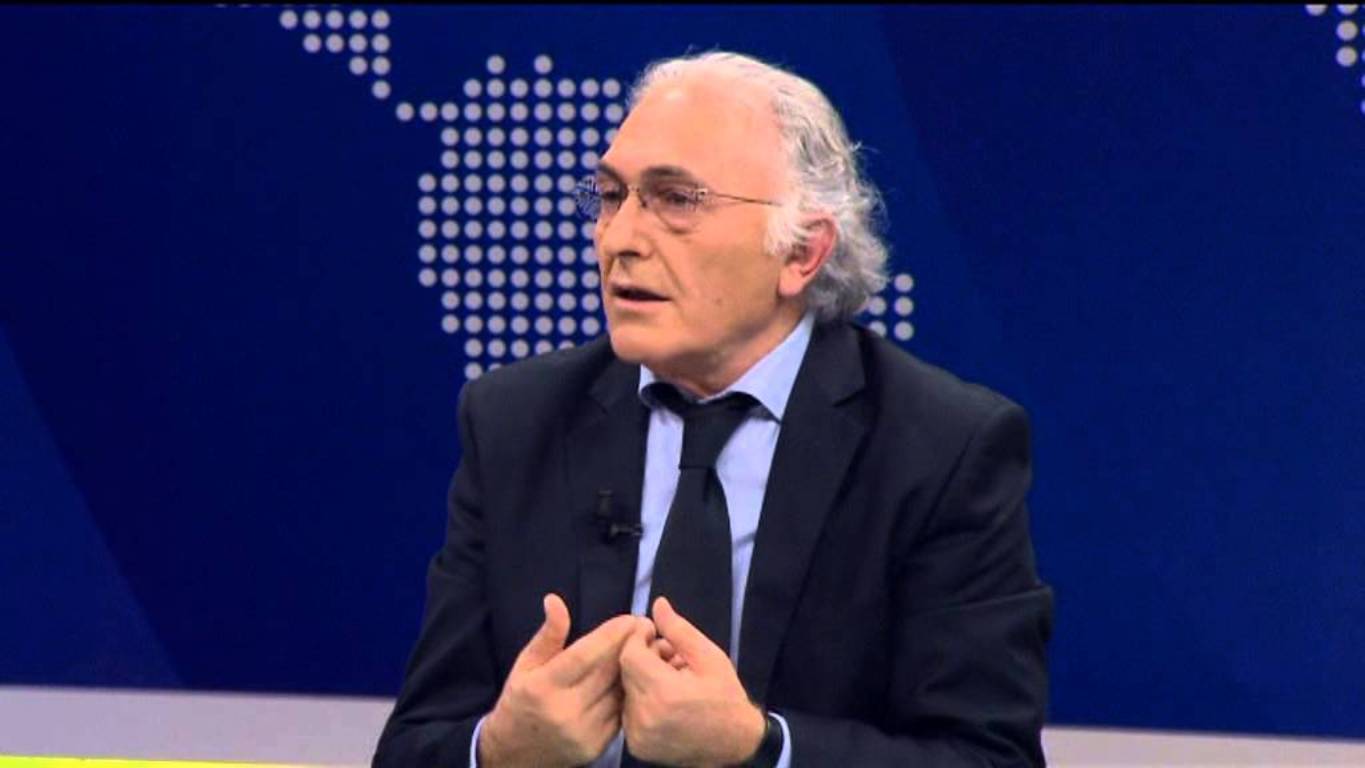
It’s quite a coincidence that in the midst of the most aggravated moment of the Albanian state politics, the US envoy for the Balkans, Hoyt Brian Yee, emerges. Yesterday, he spoke from Belgrade on the developments that took place after the parliamentary session where the socialist majority defended the immunity of former minister SaimirTahiri, who was accused of “collaboration with criminal gangs” and “passive corruption of senior officials”. After this, state politics has sunk into a deeper ditch; the Prime Minister has become nervous and cannot contain himself, the opposition – especially SMI– has become more aggressive; each day, new evidence shows that politicians collaborate with criminals, etc. Nobody has any faith on state politics any more.
When something big was getting ready to change in Albania’s state politics, at the beginning of May, Tirana was visited by Hoyt Brian Yee. His mission was to solve the political crisis. At the time, the opposition had secluded itself in a Tent and did not want to participate in the elections, but, this whole story ended with a deal between the majority and opposition “for a joint government”. This was called the “Secret Agreement” of May 18, which sank the opposition and gave the party in power a monist power with a majority in parliament.
Has the day when the majority and opposition form a “joint government” come again? Despite the “coincidence” of Mr. Yee’s arrival at this time, the crisis is deep and it cannot have other solutions.
The circumstances of the fall of the monist government, despite the number of seats in Parliament, are clear:
In a few days, we may see a former minister, a so called ‘super minister’ behind bars. From that very moment onward, he will start to drag others behind him. Many things are hiding behind “Tahiri” and the government’s arrogance not to give up the minister who is a “member of criminal gangs”. Along with the pressure coming by the public, media and the opposition, pressure will also mount from the international community for some sort of “Raqqa”, which is located in the coast of the Adriatic; but this place is no Islamic State stronghold like Raqqa, here we have a stronghold of narcotics. After the incident in the Corfu channel after the Second World War, the Albanian territory once again turns into a threat for the safety of western civilization. Within the country, the situation is becoming more and more explosive. People are disgruntled because they are not represented by a credible opposition and media or by credible civil and religious institutions. The declining economy is causing extreme poverty; in the next two years, foreign investments are expected to decline by 20%. If there are no foreign investments, what will be the domestic investment? Now it’s being declared that Albania is investing very little on narcotics. According to testimonies inside of it, State Police has worked for the cultivation of the narcotic plant and for its trafficking. Investments in drugs are not investments in economy. They are investments in mob, in criminal gangs and the only people that they make rich are mobsters who become more and more powerful.
These are the circumstances that make the creation of a joint government, with the participation of all groups, a necessity. Everyone should unite against evil.
Who will win from the creation of a joint government?
The biggest winner is coincidence or insecurity; insecurity in the sense that nobody knows who will win. The moment would be a very delicate one. If all elements unite in a joint government, crime may become even stronger. But is it possible for them to control each other even if we have this big unification of all groups? The joint government between DP and SP in the run-up to the June 25 elections, did not prove it. Although the DP controlled very important ministries, crime was not denounced or stopped by anyone.
International community will temporarily win. Not the international community, but its envoys. Diplomats such as Mr. Yee, etc., will write in their CV that they solved another crisis, although this “solution” is short lasting.
Domestic players would divide merits with each other. For instance:
The Socialist Party would lose the Prime Minister and the monist majority in Parliament. However, it would put an end to a serious international crisis which was caused by it: the transformation of the country into a threat for other neighbors. The end of a joint government would certainly bring an SP in majority, but not like today.
The Democratic Party is expecting it like an opportunity falling from heaven. DP leader, Basha seemed enthusiastic today when he came out of the meeting that he had with the EU and US ambassadors and when he said that “we must be a government which will fight drugs”. Those who know how to read, will realize that in the meeting with his main allies, he has talked and accepted “another” government, meaning, a joint government. In this case, the DP loses all the democrats, but the DP doesn’t care about this, because the DP is already lost. This party doesn’t have many voters, no true members and people do not have faith in this party. With this, it will hope to entice militants with perks offered by power. But all of this is arguable.
At the end of the day, the one who has to lose the most from all of this is the people.




 ALB
ALB
 ENG
ENG
